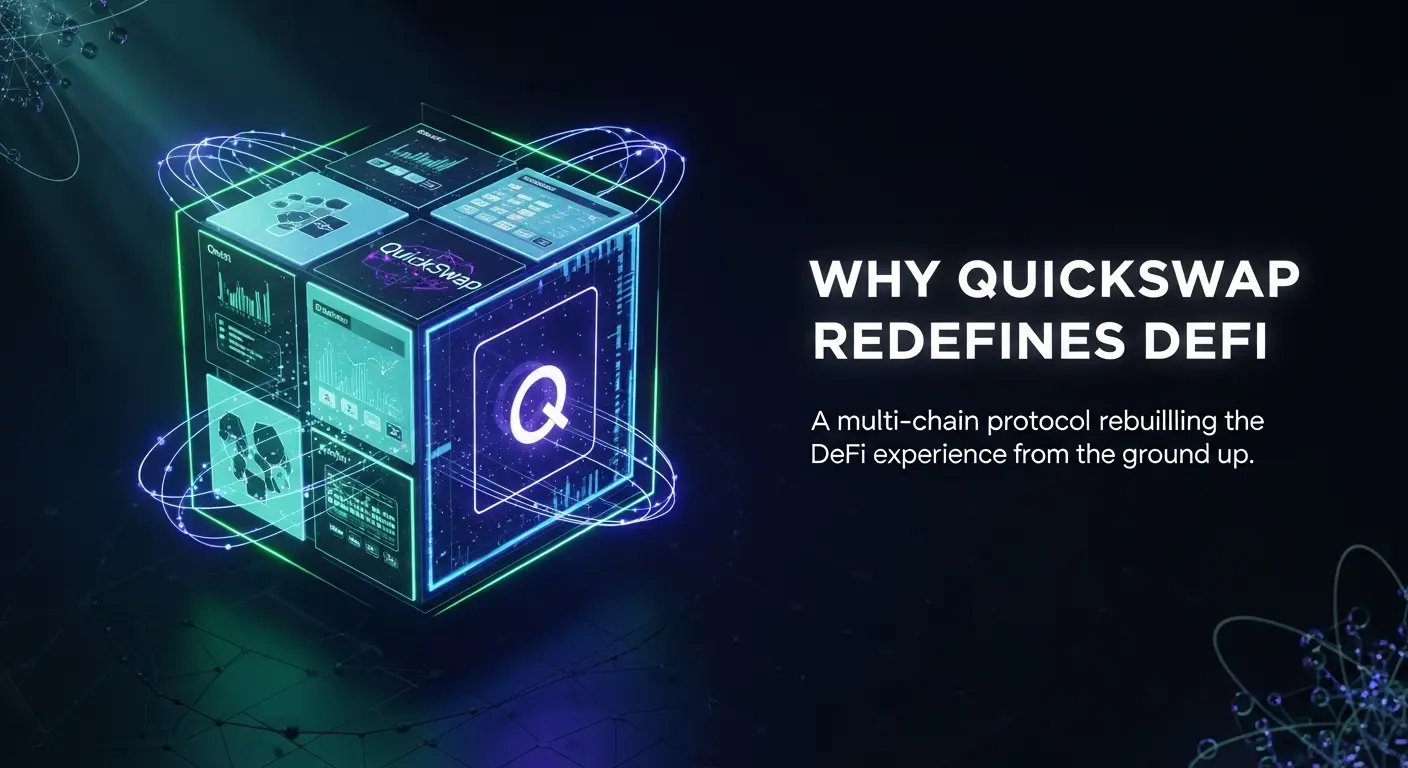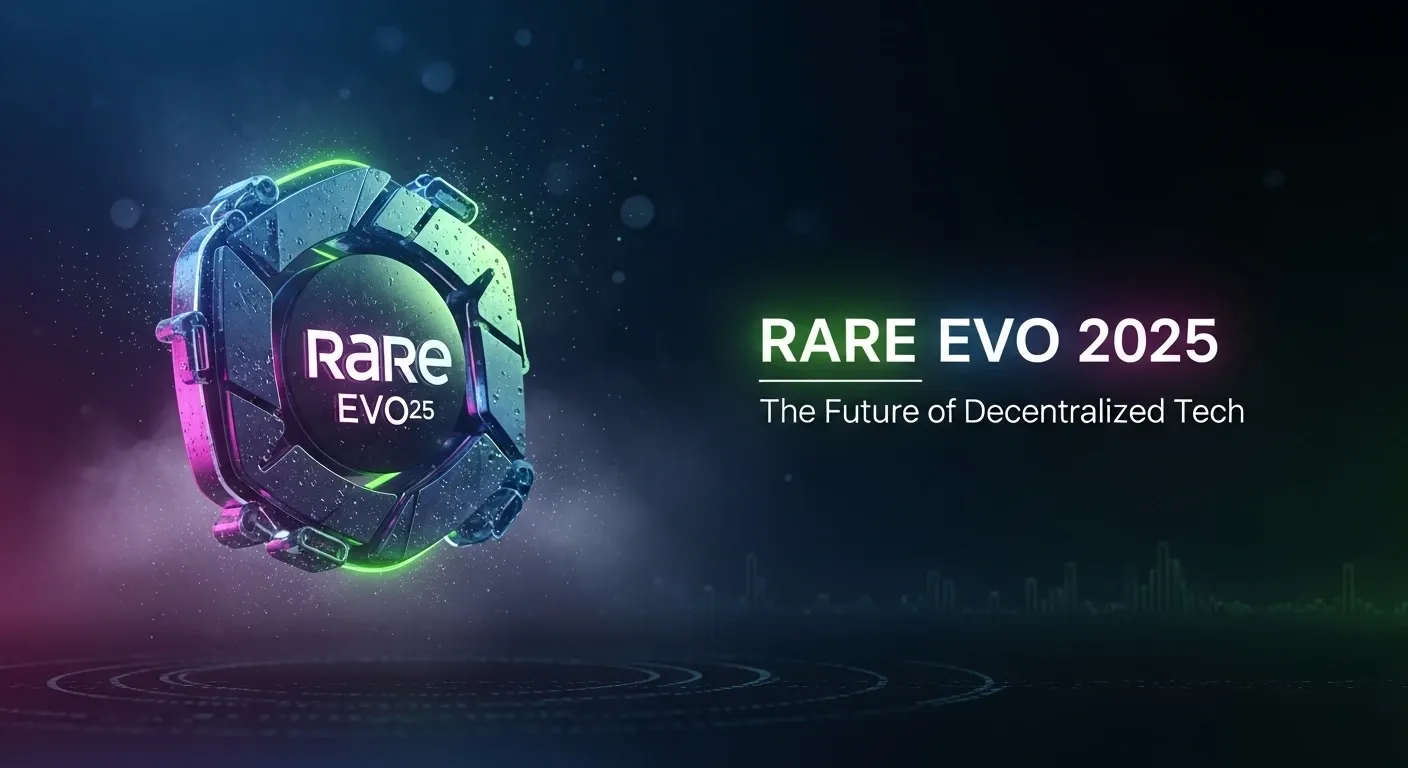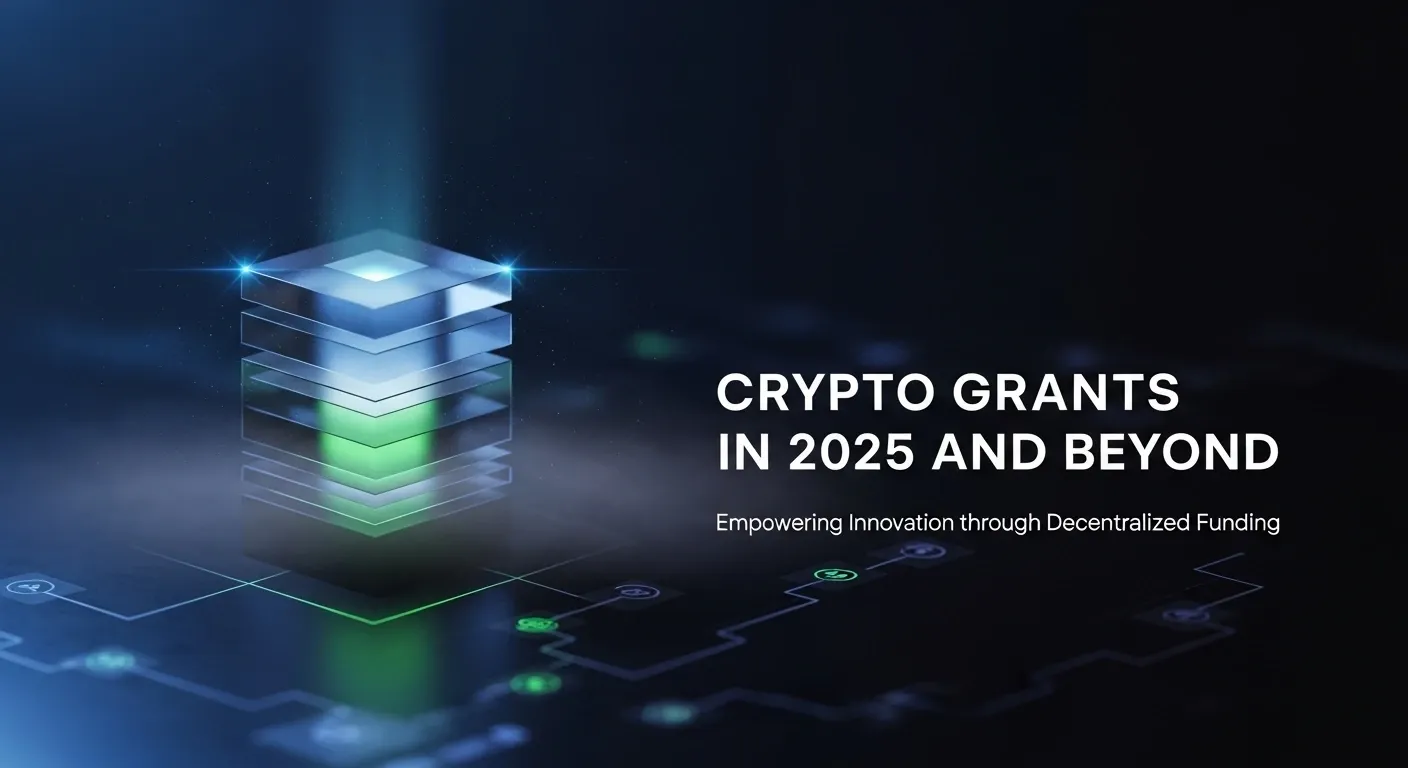
DeFi
Can finance be fully decentralized? CryptoBit Magazine’s DeFi section dives into decentralized finance. Explore yield farming, liquidity pools, smart contract protocols, and lending platforms. Stay updated on DeFi projects, risks, opportunities, and their role in financial inclusion. Learn how DeFi is revolutionizing traditional finance with transparent, permissionless systems built on blockchain technology.











